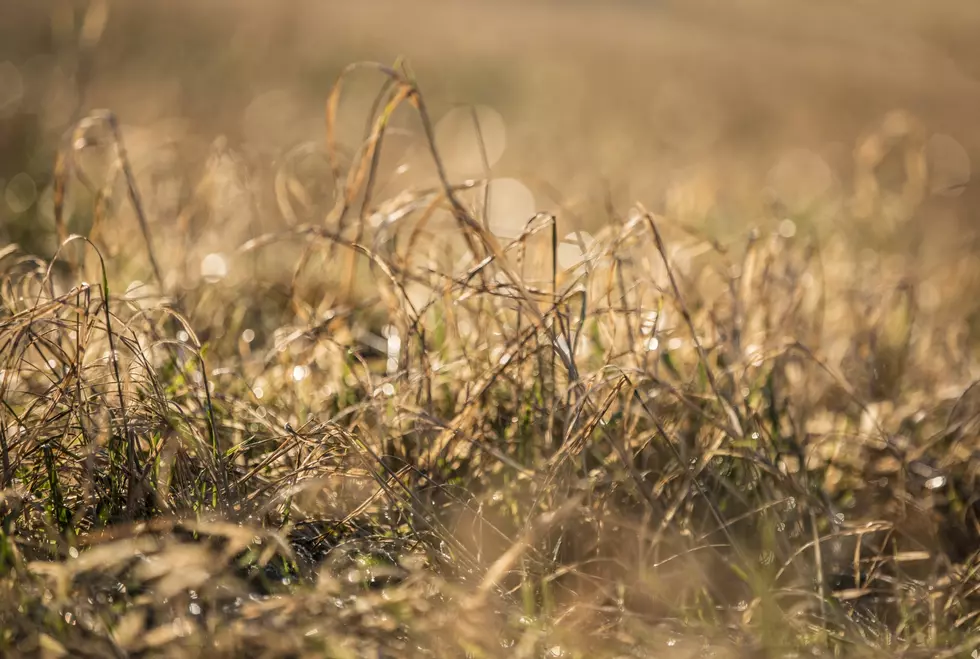
NJ in a ‘Drought watch’ as Water Levels Drop Fast
As the long, hot, dry summer of 2022 marches on, water levels across the Garden State continue to drop with no significant rainfall in sight.
On Tuesday, DEP Commissioner Shawn LaTourette declared that the state is in a drought watch as a result of diminished availability of groundwater and a decline in reservoir capacity.
While water conservation is not mandatory, it’s strongly recommended.
He said by declaring a drought watch a simple message is being sent: “let’s conserve the water because we really do need it.”

The DEP has prepared a Conserve Water Toolkit at dep.nj.gov/conserve-water/toolkit, which provides infographics, a flyer, a video and social media resources that can be downloaded and used by organizations and government agencies to spread information on drought conditions and water conservation.
Demand is high
“We see our greatest demand in the summer months, from the use of outdoor water, and dry, hot periods like this,” he said. “My front yard is brown and it’s OK. The brown just means dormant, it doesn’t mean dead, and I want us to be able to communicate that statewide.”
He pointed out the drought watch declaration was made based on multiple factors.
“The dry indicators, the extended period of low precipitation, the extreme heat, the high demand, specific operational issues.”
It's a sign of climate change
LaTourette said climate change is causing extreme swings in the weather.
“We can in fact see devastating amounts of rainfall that wash away huge swaths of our communities as they did last September, and on the other hand we can have dry conditions, and conditions that tax and stress our water systems, like the occurrence of harmful algal blooms,” he said.
Tourette said what’s happening has become the new normal.
“The periods of drought between periods of intense rainfall that causes significant flooding threats.”
What happens next?
He said it’s unclear how close we are to a drought warning and a drought emergency because it will depend on how much water conservation takes place, and whether we start to get significant rainfall.
LOOK: The most extreme temperatures in the history of every state
LOOK: What are the odds that these 50 totally random events will happen to you?
More From WPG Talk Radio 95.5 FM










